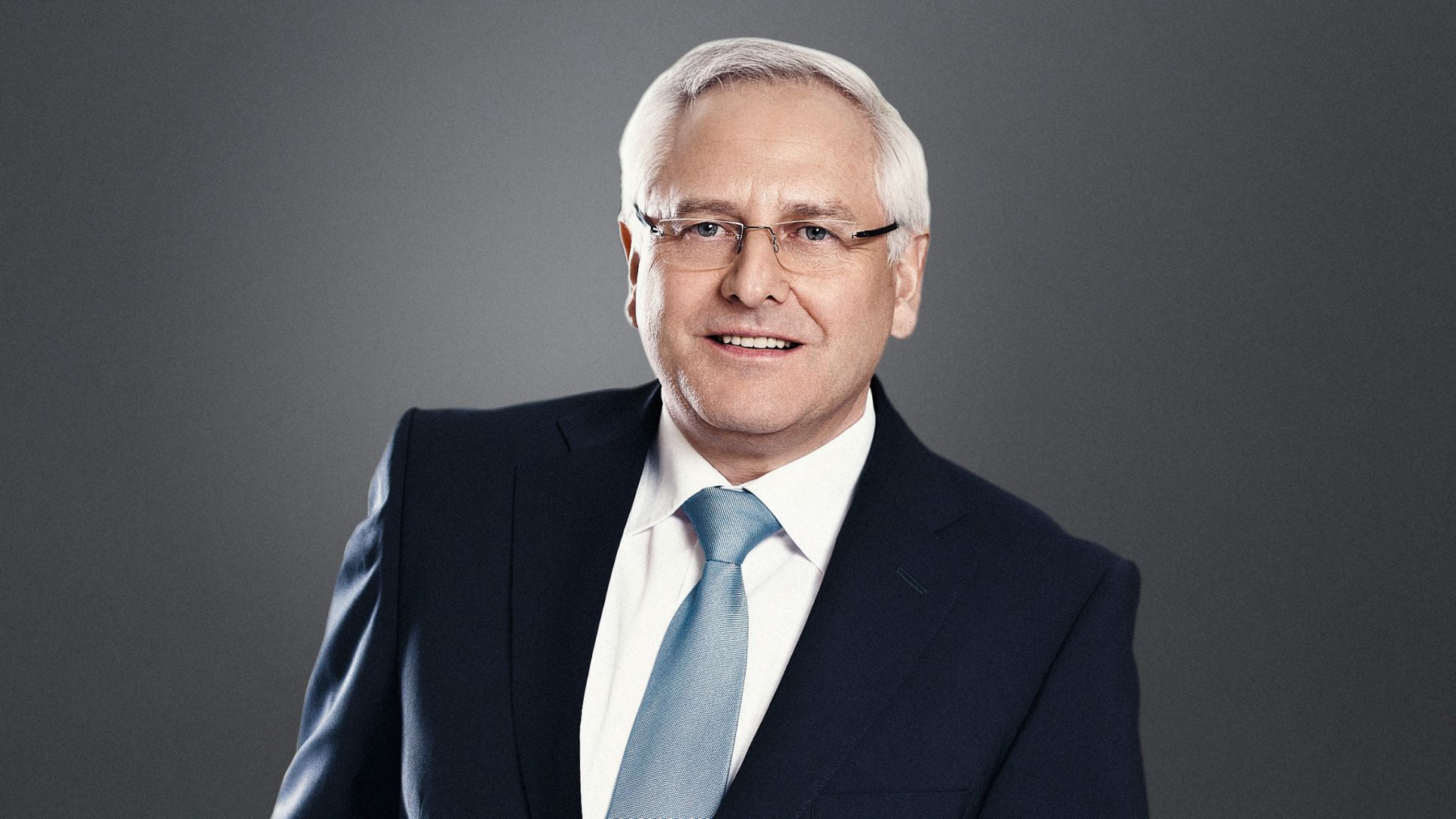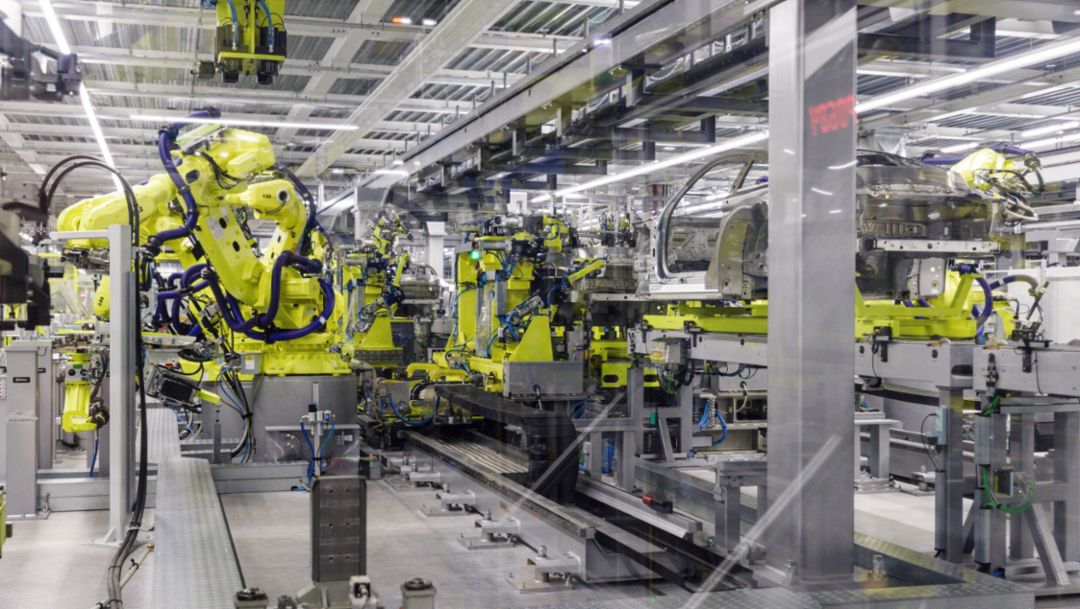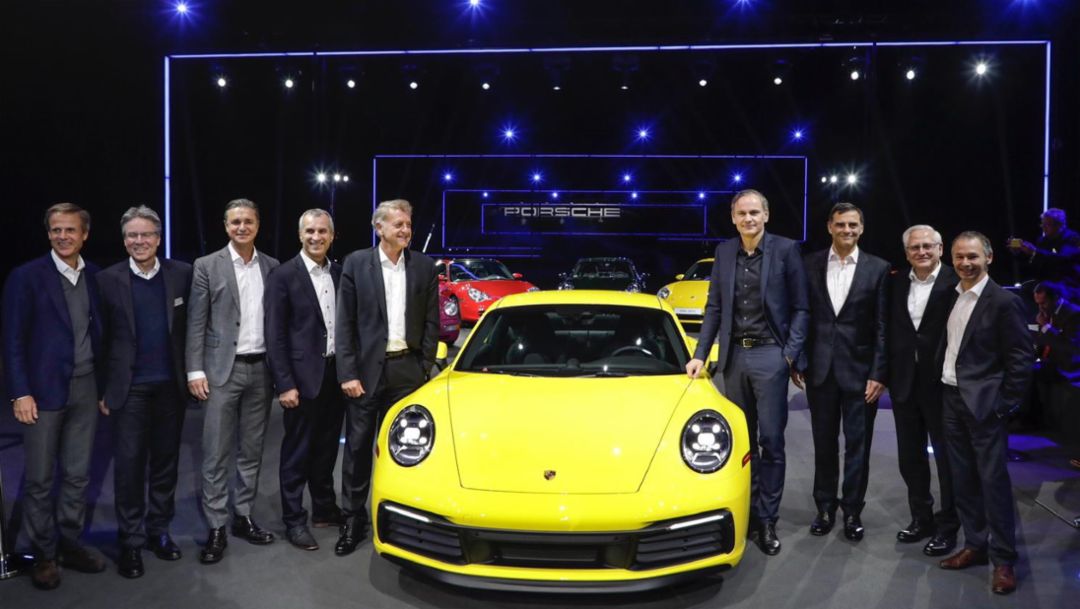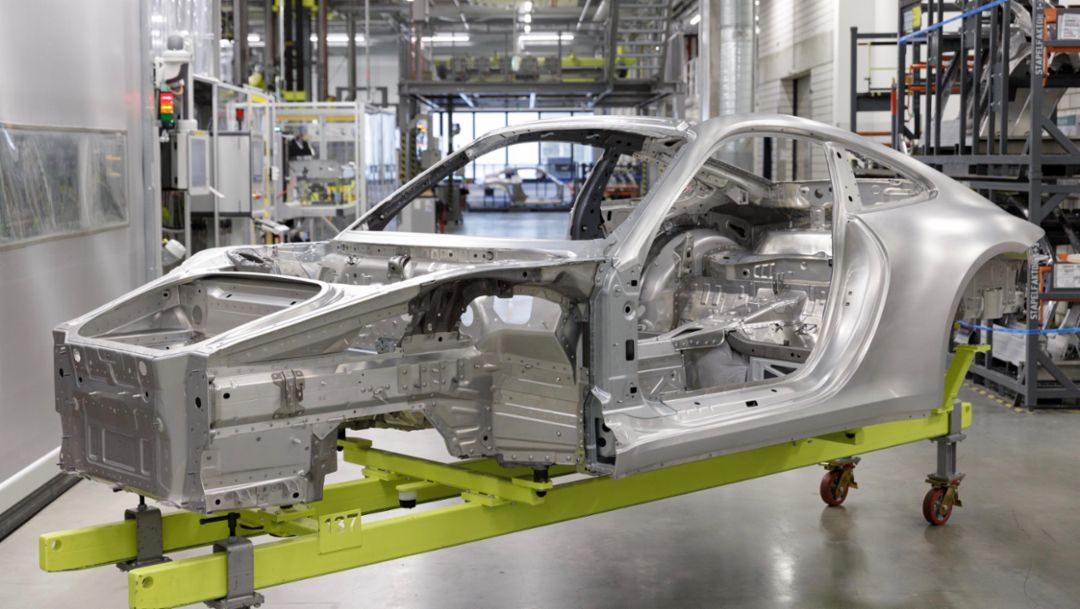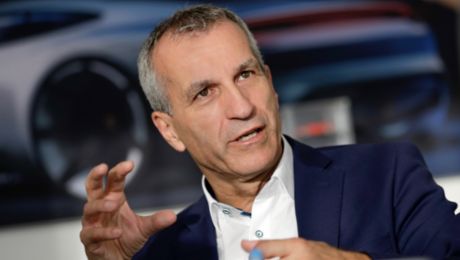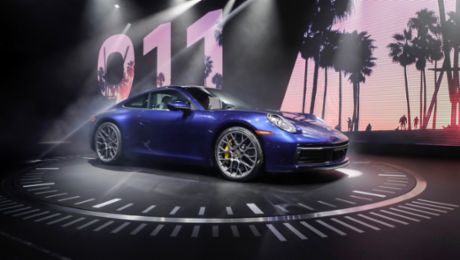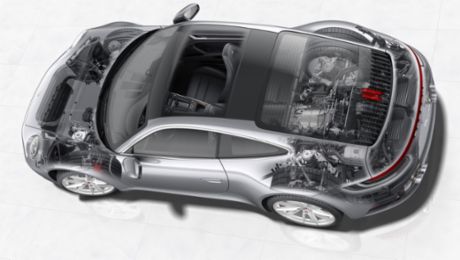Mr Städter, to what extent has Porsche been able to build on the successful supplier management of its predecessor for production of the new generation 911? Have new suppliers been brought on board?
A new car like the 992 provides the ideal opportunity to take on new suppliers and to develop them – which is what we have done. Of course, this new generation cannot and should not be serviced exclusively by new suppliers, as our long-standing strategic partners are also a vital part of our plan to ensure that we maintain and improve the high quality standards of the 911. As is appropriate to the heritage of the 911, we will draw on our many years of experience and make best use of the current innovations offered by our suppliers.
What is the ratio of old to new suppliers?
These are new business areas, so I couldn’t really express it as a ratio. We worked hard to find partners that are able to deliver on new requirements – such as digital systems or innovative components – but even so, the number of established suppliers remains relatively stable.
Is there also a new quality requirement for suppliers to the new generation vehicle?
Fundamentally, the quality standards we work to are extremely high for all our vehicles, especially the 911, so we work very closely with authorised partners on whom we rely to meet quality requirements, with all departments also participating. Supplier selection is the culmination of a very complex process that involves colleagues from Development, Production, Quality, and Production Series; we all play our part in selecting the best suppliers. The whole process, including the decision and contracting of our suppliers, is the first step towards ensuring that the project is a success for all of us.
Were any of the suppliers involved even from the start of development work?
We do of course involve our suppliers in projects as early as possible, with the objective of benefitting from our combined knowledge, steering development in the right direction, and making sure we are on the same page in considering technically complex components right from the start. We also conduct concept workshops in-house, supporting these outcomes. Working with our suppliers, we have been able to put a car on the road that makes driving even more enjoyable and smarter – even in its eighth generation. Nothing has changed in terms of how we award contracts to partners, and our focus remains firmly on ensuring commercial success.
Are there any new strategies or requirements for suppliers – in terms of a transparent information policy, supplier action days, or quality reviews for example?
On our Innovation Days, we give pre-selected suppliers the opportunity to present new ideas to different departments in the development centre at Weissach. We do this so we can identify the best and most innovative ideas, and provide support for any preliminary development by working with suppliers at a early stage. A validation and innovation process made up of several stages helps us assess the prospects for collaboration with cross-functional teams. Quality aspects are also scrutinised, and the process is designed to create the best possible technical and commercial conditions for realising the idea, as well as building a foundation for continued close collaboration.
Are there only exclusive suppliers in the supplier portfolio, or are there cases where more than one supplier is included for specific parts that are especially high-volume or highly complex? What is the proportion of strategic suppliers here?
Our suppliers are normally contracted only to provide their specific part. Of course there are certain strategically important components that are key to the power output and performance of the vehicle, but the supplier portfolio is not chiefly a strategic tool. For us to prepare the vehicle for series production, it is key that contracted suppliers properly apply their expertise to meet our requirements and understand the vehicle’s complexity.
The new generation 911 is undeniably also a brand ambassador. Given the strict quality requirements in place, how much influence did purchasers have over engineers when it came to cost-effective procurement of parts? Or did quality standards take precedence over costs?
New projects and quality demands can only be fulfilled with collaboration from all departments, so it’s not that Procurement is the gatekeeper here. The company as a whole is responsible for ensuring that the entire project is completed and meets customer requirements within a sound technical and commercial framework. We believe it is absolutely essential that we work together as a team.
As the Executive Board member for Procurement, what innovations have you been able to obtain from the supplier portfolio?
The real innovation is that the new 911 is, again, the best 911 ever – it’s a great source of pride that we can make that claim for the eighth generation. The car follows firmly in the tradition of our previous rear-engine sports cars, though the familiar contours of the shell belie the cutting-edge technology underneath: more than 85% of all parts are new. The entire car is itself an innovation, with plenty of details which true Porsche enthusiasts will appreciate. Many of our suppliers have been involved in completely overhauling the bodywork for the move to aluminium; the interior has also been revamped, and it now looks and feels like a digital Porsche Advanced cockpit. It is set to be a whole new experience for sports car drivers.
Info
Interview: Egbert Schwartz
Text originally appeared in “Automobil Produktion” – special 2018 issue “The new Porsche 911”
Consumption data
Model Range 911 (Typ 992): Fuel consumption combined 9.1 – 8.9 l/100 km; CO2 emissions 208 – 205 g/km
